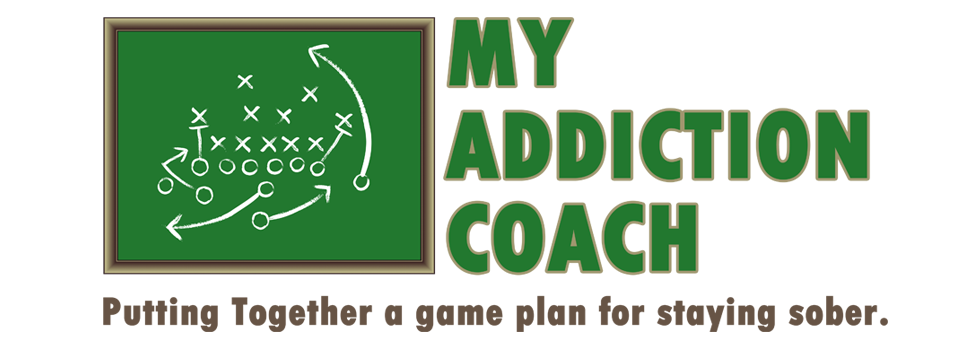Friday, May 8, 2015
Frequent Use Of Molly Can Lead To Physical And Psychological Dependence
When using drugs such as MDMA, which is commonly called Molly, the risk of addiction is always present. Many people become addicted because Molly offers enhanced mental alertness and it increases sensations such as intimacy. The altered perceptions felt while on Molly enables users to enjoy and experience things on an entirely different level.
Being a derivative of methamphetamine, Molly acts as a both a stimulant and a psychedelic. It is the combination of these affects that lures so many people into using Molly. Sadly, like any other drug, this drug poses huge problems if addiction sets in.
Many people are asking the question, Is Molly Addictive? The answer is yes, the risk of addiction is high, especially if this drug is used on a regular basis. Typically, most people do not develop a chemical dependence on Molly. However, the risk for developing a severe psychological addiction to Molly is extremely high.
Molly alters the chemical responses of neurotransmitters, which is why the brain experiences altered affects that enhance the users sensations to stimuli such as intimacy. When Molly is used frequently it begins to totally alter the brains chemistry.
After a period of time, the user will become dependent upon Molly to experience normal cognitive behavior. This is the point when a user becomes physically addicted to Molly. The risks of developing a physical addiction to this drug are higher in users that have a family history of drug or alcohol dependency.
Due to the fact that Molly use is not regulated, many people do not know the dosage it takes to become addicted. Because Molly use is unregulated, it is very difficult to determine how much is needed, or how fast a user can become addicted to Molly. Additionally, each person reacts to Molly differently so it is nearly impossible to develop a regime for relieving withdrawal symptoms to MDMA.
The chemical dependence to MDMA and Molly addiction are similar, however they are clinically different. Some of the signs of Molly addiction are: use of Molly to maintain normal functioning, putting a lot of effort into seeking the drug regardless of how it disrupts the users life, intense craving for the drug, and rationalizing the use of Molly. The best way to overcome Molly addiction is to seek professional help immediately.
Subscribe to:
Posts (Atom)

